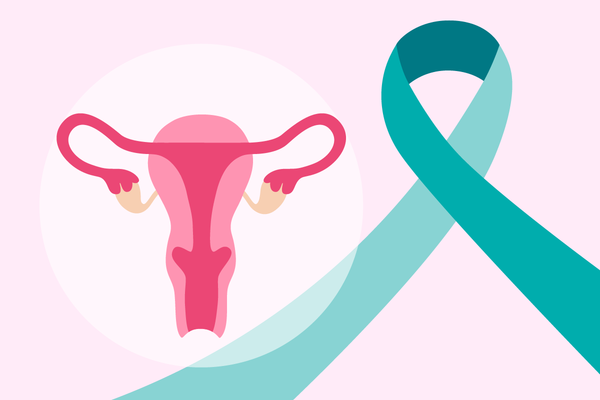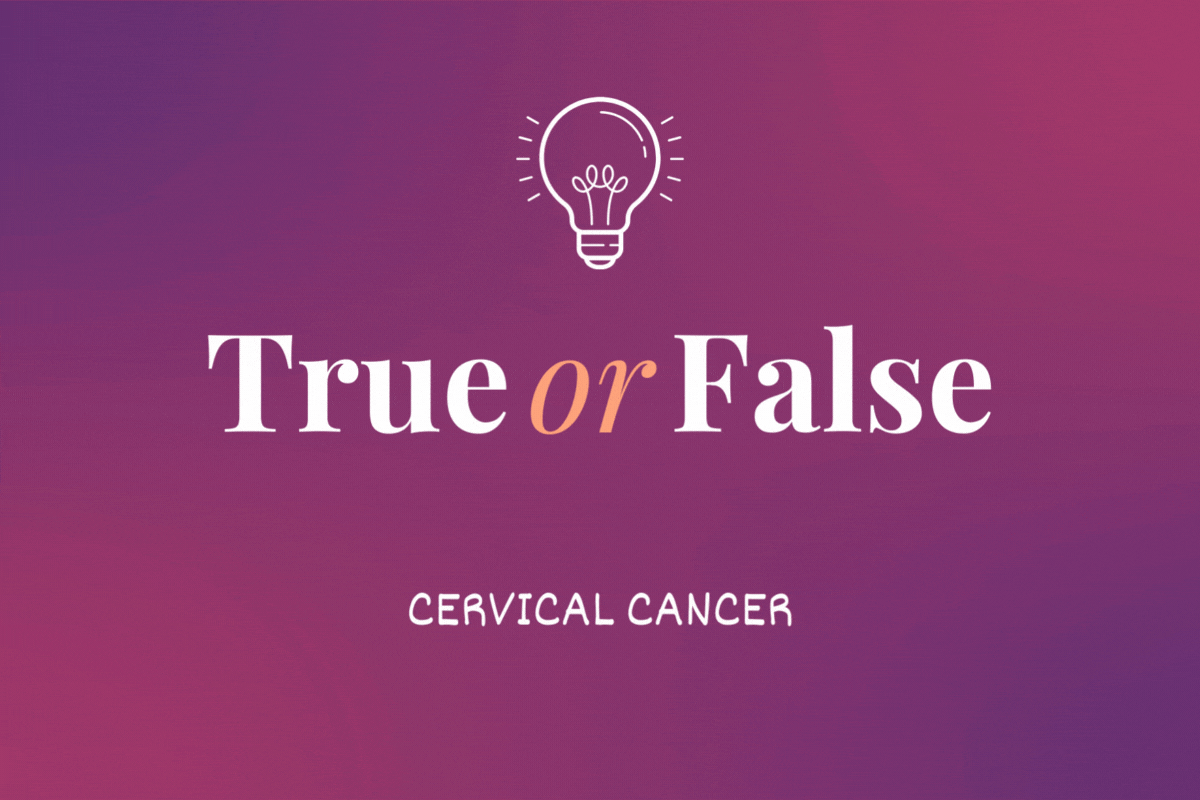The National Cervical Cancer Coalition (NCCC), a program of the American Sexual Health Association (ASHA), recognizes January as Cervical Health Awareness Month and urges every woman to make a New Year's resolution to talk with their health care provider about cervical health!
Each year in the U.S. approximately 13,000 women are diagnosed with cervical cancer, and more than 4,000 die as a result. The disease takes an even greater toll globally as the vast majority of cervical cancers occur in low-income countries. In both the U.S. and abroad, cervical cancer is most often found in women living in poverty and who lack access to health care.
ASHA President Lynn Barclay says providing access to medical care is only part of the job, though. “It's important that patients and providers both feel comfortable talking about sexual health, including cervical cancer prevention. These conversations are often rushed through or avoided altogether."
Barclay says at its extreme, our lack of comfort with these topics even results in women avoiding gynecologic care due to a sense of shame. “There's no single, simple solution to ending cervical cancer but it's clear it involves more than just quality health care. When it comes to sexual and reproductive health we should be comfortable in our own skin, and have the confidence to seek the care and support we need. I urge every woman to talk with her health care provider about all of the prevention tools we have at our disposal: Pap and HPV tests and cervical cancer vaccines. One place to start is with ASHA's guide Ten Questions to Ask Your Healthcare Provider about Sexual Health."
The HPV vaccine, which must be given in three doses, can protect women against four HPV types—the two most common high-risk strains (HPV 16 and 18) and the two most common low-risk types (HPV 6 and 11). The vaccine should be given before an infection occurs, ideally, before a girl becomes sexually active.
According to the National Institutes of Health, cervical cancer develops slowly, starting as a precancerous condition known as dysplasia. These abnormal cells are easily detected through a Pap test and can be treated effectively. There is also an HPV test that, when combined with a Pap test in women over age 30, can help identify women at risk for developing cervical cancer.
If left undetected, dysplasia can turn into cervical cancer, which can potentially spread to the bladder, intestines, lungs and liver. Moreover, women may not suspect cervical cancer until it has become advanced or metastasizes, a fact which underscores the importance of regular Pap tests. Talk to your health care provider about what screening tests you need and how often you need them.
Symptoms of cervical cancer, which may not show up until the cancer is advanced, include abnormal vaginal bleeding, unusual discharge, periods that last longer or have a heavier flow than usual and bleeding after menopause.
- Ridding the World of Cervical Cancer - HealthyWomen ›
- My Life-Changing Cervical Cancer Diagnosis Inspired Me to Become an Advocate for Women’s Health - HealthyWomen ›
- Clinically Speaking: Questions to Ask Your Healthcare Provider About Cervical Cancer Prevention - HealthyWomen ›
- Fast Facts: Here’s What You Need to Know About Cervical Cancer and HPV - HealthyWomen ›
- Clinically Speaking: Questions to Ask Your Healthcare Provider About Cervical Cancer Prevention - HealthyWomen ›
- Fast Facts: Here’s What You Need to Know About Cervical Cancer and HPV - HealthyWomen ›
- My Life-Changing Cervical Cancer Diagnosis Inspired Me to Become an Advocate for Women’s Health - HealthyWomen ›
- Removing Barriers to Cervical Cancer Screening for the LGBTQ Community - HealthyWomen ›





